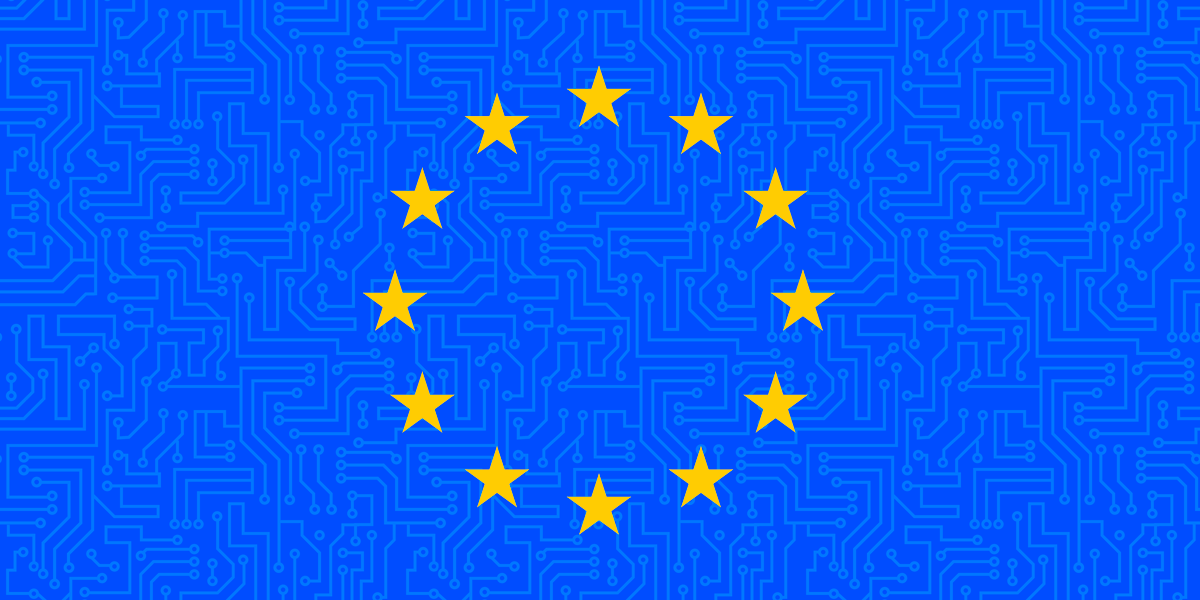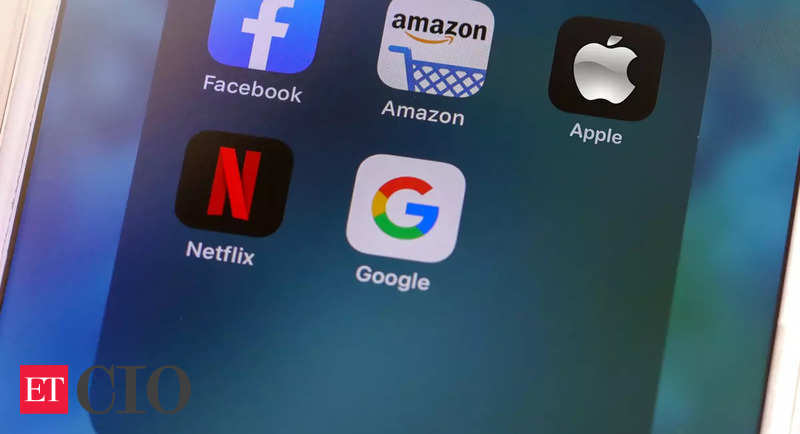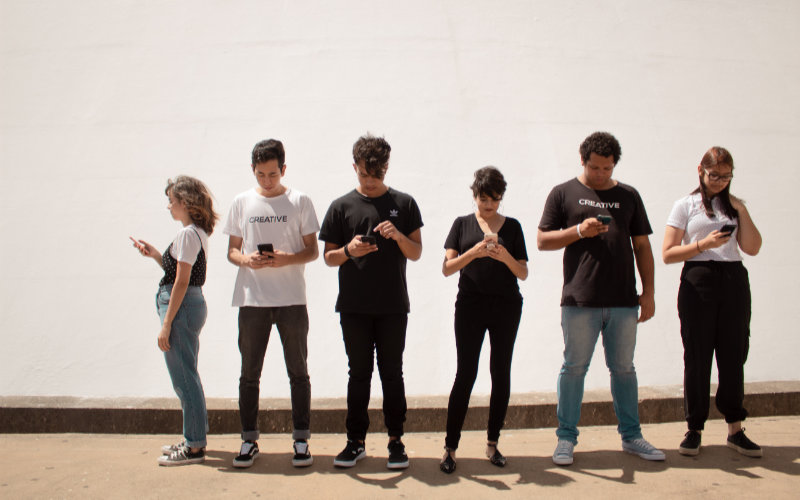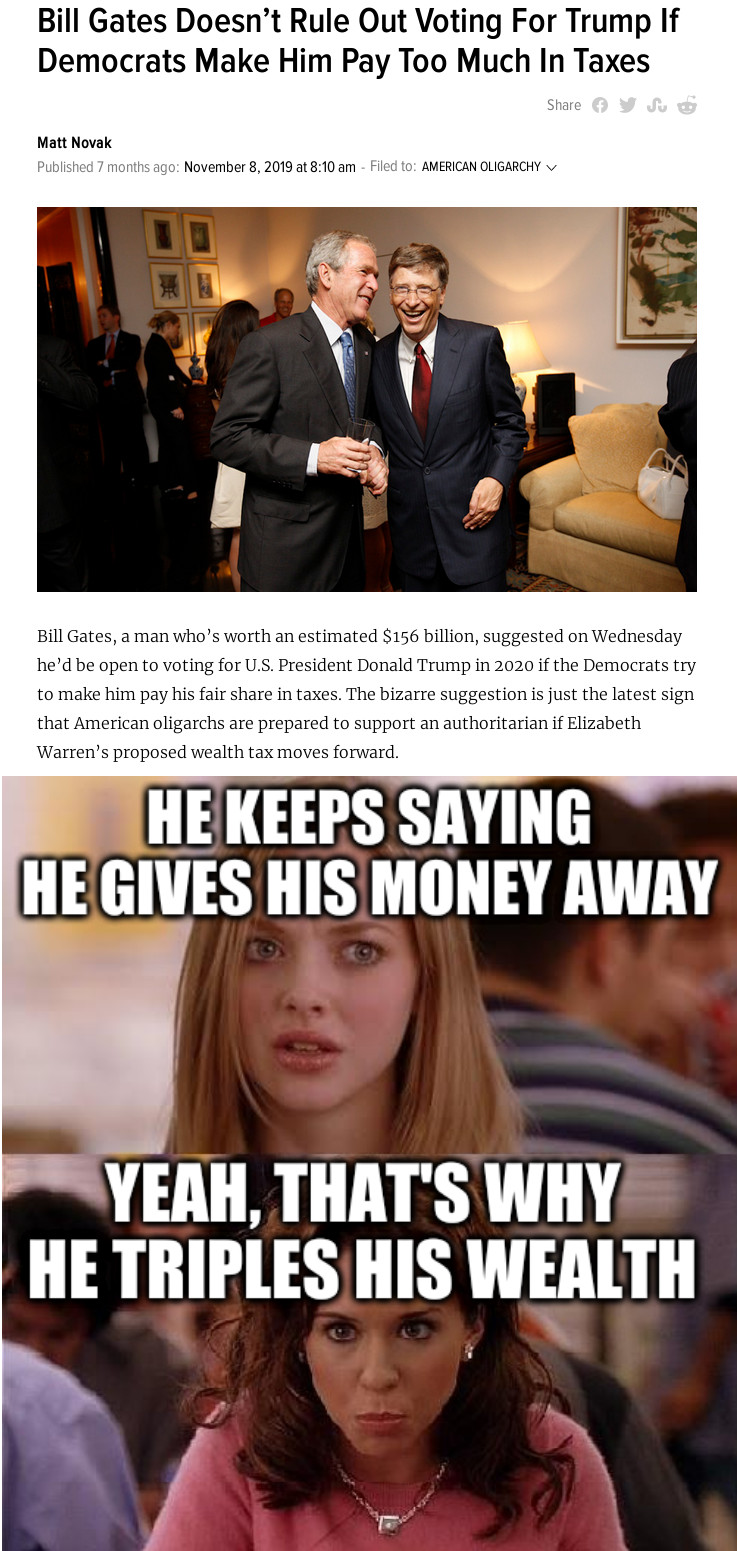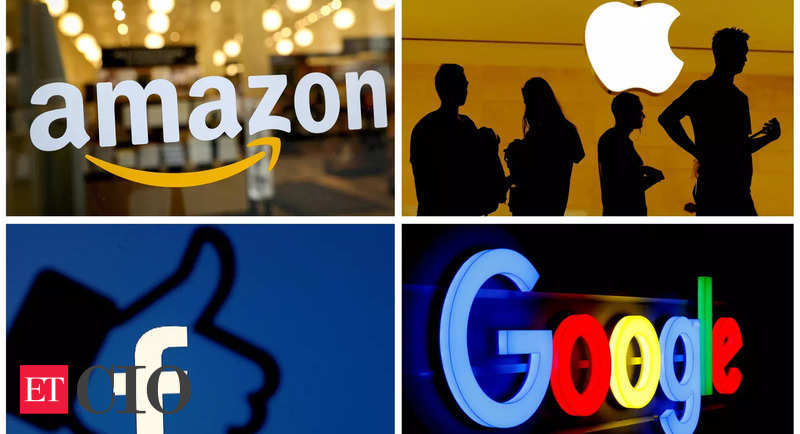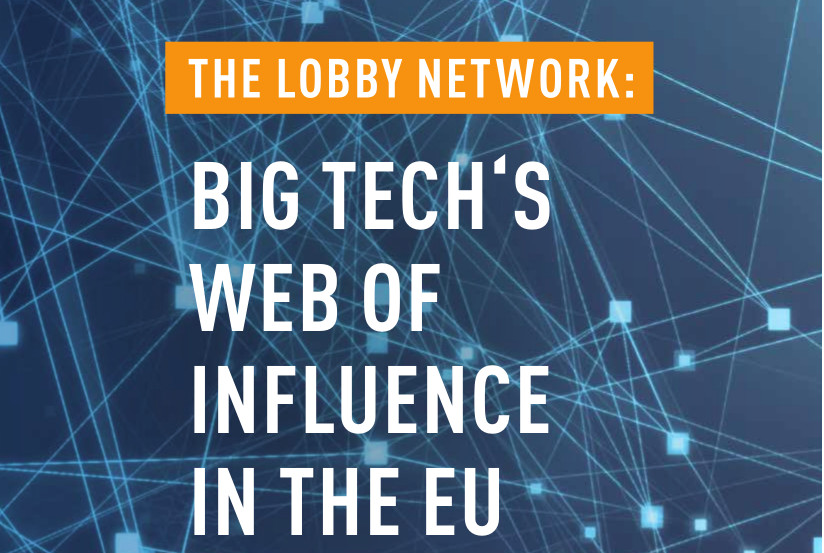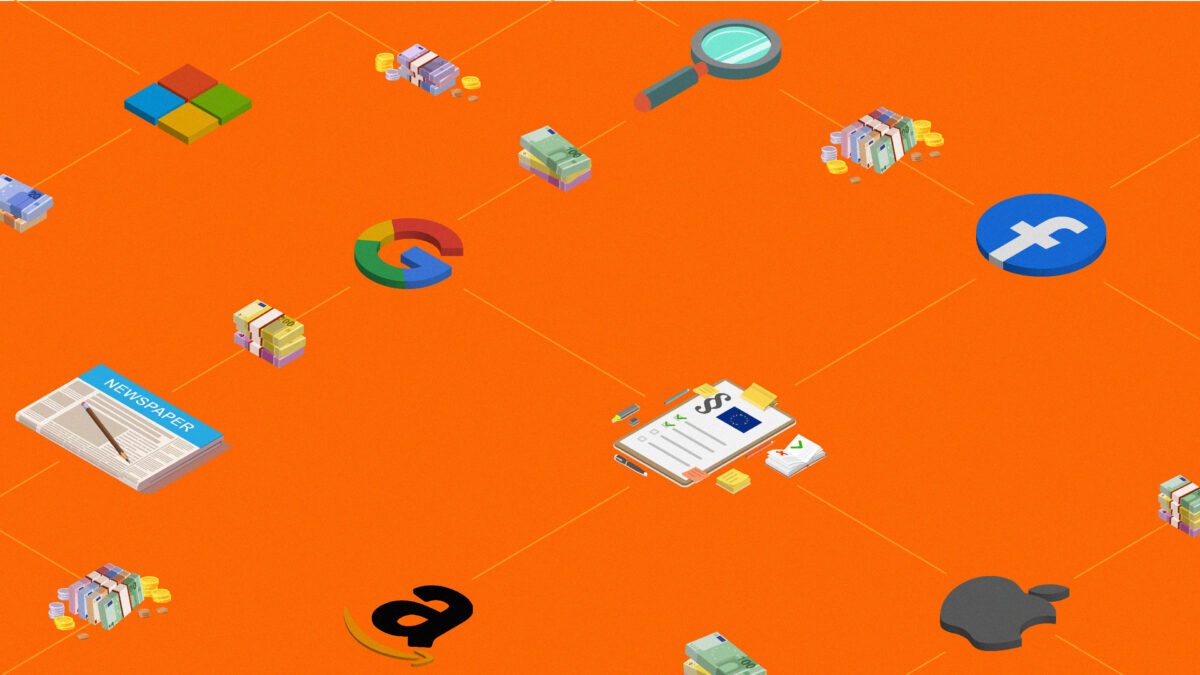Pour que des marchés réellement concurrentiels, innovants et dynamiques se mettent en place, l’interopérabilité ne suffit pas. Il est nécessaire de pouvoir mettre en place une interopérabilité contradictoire, c’est-à-dire une interopérabilité qui se « branche » sur des services ou produits existants « sans autorisation » des entreprises qui les fabriquent. À l’heure où l’interopérabilité s’est considérablement refermée avec le développement des brevets logiciels ou des outils de gestion des droits numériques, il faut souvent montrer patte blanche pour interconnecter ses systèmes à d’autres. Favoriser l’interopérabilité contradictoire est une partie de la solution à la concentration, estime Doctorow. Le problème est que le numérique rend l’interopérabilité contradictoire toujours plus difficile, notamment parce que l’une de ses caractéristiques est justement de pouvoir créer et démultiplier des fonctions et modalités de contrôle aux accès. Les règles se démultiplient et si vous ne les respectez pas, vos accès sont fermés. L’interopérabilité est d’autant plus mise à mal que l’incompatibilité s’étend. La fermeture favorise la domination de quelques-uns sur tous les autres.
Pour Doctorow, l’interopérabilité n’est pas le seul levier. L’Electronic Frontier Foundation (@eff), l’association de protection des libertés numérique – dont Doctorow est l’un des piliers – défend ainsi un Access Act, un projet de loi antitrust en plusieurs mesures qui vise à promulguer des lois pour : interdire l’autoréférencement (et faire passer ses produits avant ceux de ses rivaux) ; bloquer les acquisitions anticoncurrentielles ; bloquer les « jardins clos » ; à imposer l’interopérabilité en forçant les grandes entreprises à proposer des API pour permettre aux utilisateurs d’aller sur un service concurrent tout en continuant à pouvoir discuter avec ceux qui ne font pas le même choix ; et à mieux financer l’organisme régulateur américain pour s’assurer d’un meilleur contrôle. Comme l’explique l’article, il manque encore un « droit d’action privé », permettant au public de poursuivre une entreprise qui ne respecte pas ces mesures (équivalent à l’article 82.1 du RGPD, qui permet aux utilisateurs qui subissent un dommage matériel ou moral d’obtenir réparation). Le cartel des Big Tech doit avoir plus de limites légales sur l’utilisation et le traitement des données des utilisateurs, et ce en renforçant la protection de la vie privée et les droits des utilisateurs.
Pour Doctorow, finalement, la tentation aujourd’hui est forte de punir les grandes entreprises en leur accordant une position encore plus dominante et permanente qu’elle n’est ! À l’heure où les problèmes qu’elles génèrent se multiplient, la tendance est forte de leur demander d’être plus répressives encore et donc d’accélérer leurs incompatibilités entre elles ! Pire : de refermer des marchés. Le filtre de YouTube, Content ID, dont le coût de développement est estimé à 100 millions de dollars est inaccessible à tout nouvel acteur qui voudrait se lancer dans la vidéo en ligne et qui serait contraint d’avoir des outils de modération équivalents. Pour Doctorow, ce filtrage coûteux devrait être une responsabilité d’État, mais comme il est le fait d’entreprises privées, il rend bien plus difficile l’émergence d’une quelconque concurrence.
Alors qu’ils doivent tous leur existence à l’interopérabilité, ironise Doctorow, le cartel des Big Tech est désormais déterminé à empêcher tous nouveaux venus de leur faire ce qu’ils ont eux-mêmes fait aux autres ! Le problème, c’est qu’elles ont truqué le système pour qu’il soit douloureux pour vous d’aller ailleurs. Alors que l’interopérabilité réduit le coût à changer, l’absence d’interopérabilité tient durablement l’usager en otage ! Pour Doctorow, l’interopérabilité est assurément l’outil dont nous avons besoin. Mais nous ne devons pas seulement ouvrir aux utilisateurs leurs possibilités, il faut aussi permettre aux plateformes de se connecter entre elles au profit des utilisateurs et pas seulement au profit de leurs seuls modèles d’affaires.




